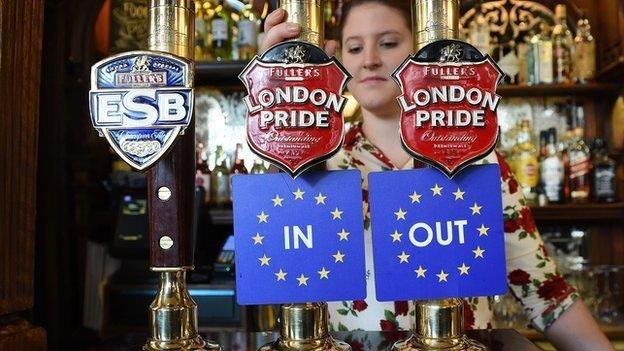Cameron kicks off difficult EU diplomatic dance
- Published
- comments
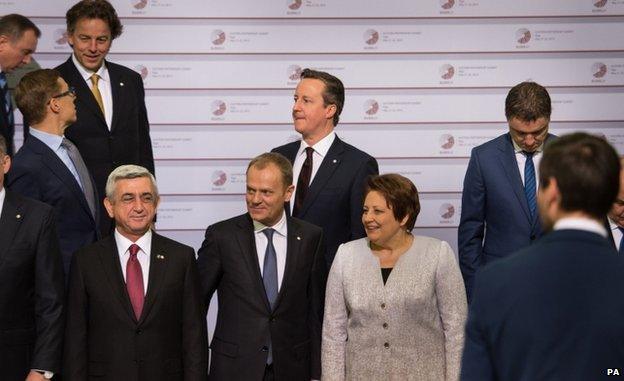
EU leaders want Mr Cameron's approach to be more discussion than diktat
Policy makers in Brussels tell me they hope David Cameron is in a listening mood as he flies around Europe over the next few weeks.
He has a delicate, unenviable and complex dance routine to assimilate right now, weaving his way between Eurosceptics at home and the desires and red lines of other EU leaders.
He needs their support to get reform passed.
On the prime minister's travels, he'll come across a widespread appetite for change.
Finland has just appointed a well-known Eurosceptic as its foreign and Europe minister, for example.
Less red tape
Few believe the EU is working properly for its half a billion citizens right now.
But the changes called for elsewhere in Europe won't always be the ones David Cameron may have in mind.
Germany applauds a call for less red tape and more single market, but will block any call to stop the freedom of movement.
Poland will fight to the last the idea of cutting benefits for migrants.
Foreign Secretary Philip Hammond: UK seeks reform that will be good for all the EU
This is just the start of a long process.
Real negotiations (read: wheeling, dealing and behind-the-scenes pact-making) can only begin after the prime minister formally presents his wish-list for reform. That's expected at the next EU leaders' summit late next month.
In the meantime, David Cameron's hand will be much strengthened if he knows the positions of other EU countries.
An influential figure in Brussels on Wednesday put it to me like this: when it comes to reform, of course EU institutions like the European Commission have a role to play, but it begins with EU country leaders and it ends with them too.
Swagger
The prime minister and a number of his cabinet ministers burned quite a few EU bridges in the long run-up to the general election.
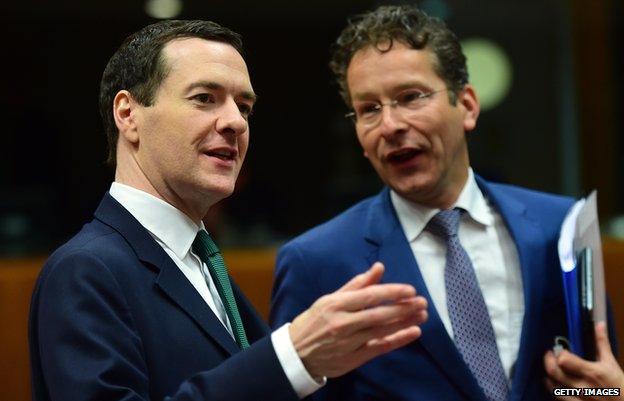
Mr Osborne's first appearance in Brussels after the election was not well received
It was felt they played too much to the Eurosceptic gallery at home when abroad on EU business.
The swagger with which Chancellor George Osborne pitched up to the first EU meeting following the UK elections didn't go down well, as he brashly announced that Britain would be changing the EU, also for the benefit of other EU citizens.
German Foreign Minister Frank-Walter Steinmeier recently muttered that he hoped, in the run-up to the referendum, that "there is a debate in Britain that also respects how far Europe can go to meet it".
EU leaders want to feel that the UK sees this initially as a discussion. A process, not a diktat.
And this is why tone and attitude is as important as the content of UK concerns in this pre-negotiation period.
It seems as if the government has clocked this.
This morning, on the BBC's Today programme, Foreign Secretary Philip Hammond struck a very different note, when discussing EU reform and the need to work with partners abroad, to the strident Eurosceptic comments he espoused before the 7 May election.
UK diplomats are known for their keen negotiating skills. Britain is known to often get a "special deal" in EU affairs.
Take the UK rebate, for example, when it comes to contributing to the EU budget.
Greek threats
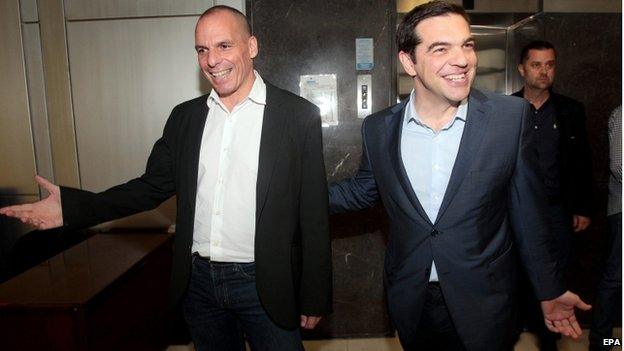
The Greek prime minister (R) and finance minister were criticised for their handling of EU talks
But if you want to see clear evidence of how fundamental mood music is, look no further than Greece and the eurozone misery the government there finds itself in.
When Syriza won the parliamentary elections back in January there was a lot of goodwill in the eurozone - sympathy for the fact that unadulterated, harsh austerity just wasn't working.
But then Prime Minister Alexis Tsipras, Finance Minister Yanis Varoufakis and co marched on to the EU stage announcing Greece would tear up all existing bailout agreements, threatening the most powerful EU player, Germany, while Greek media compared Germany's leaders to Nazis.
Then, hey presto, the door of goodwill and flexibility was slammed firmly in Syriza's face.
However brutal the domestic debate about the EU becomes, David Cameron is well-advised to remember that his European counterparts are key to his ability to present fundamental reforms to the British public ahead of the EU referendum - or not.
- Published1 February 2016
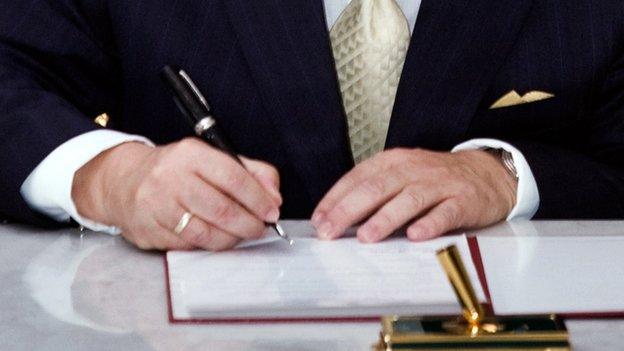
- Published28 May 2015
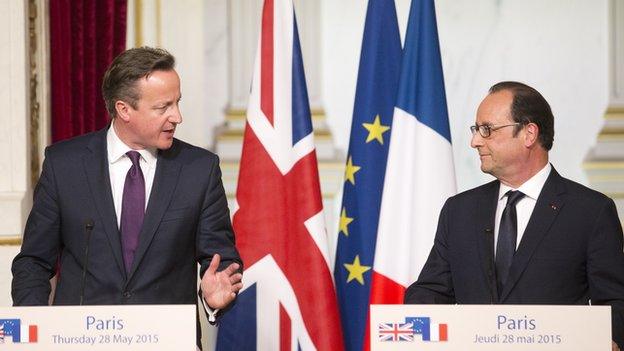
- Published25 May 2015
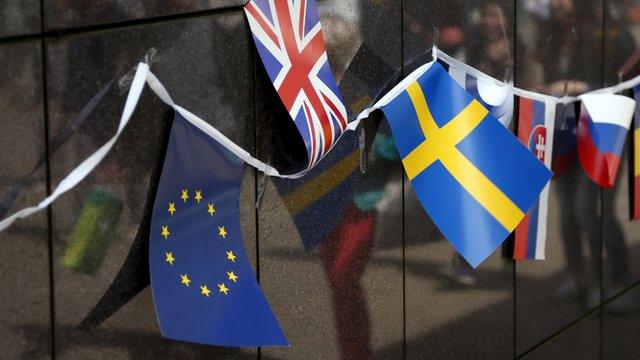
- Published19 May 2015
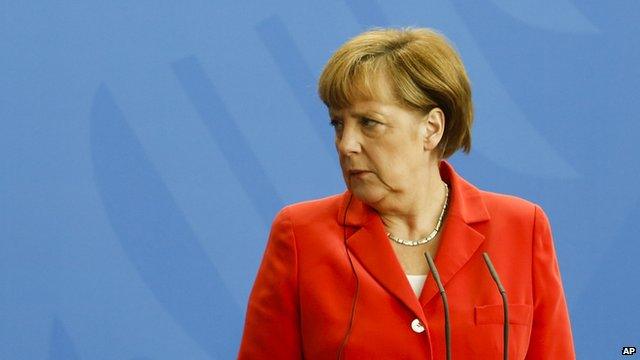
- Published27 May 2016
